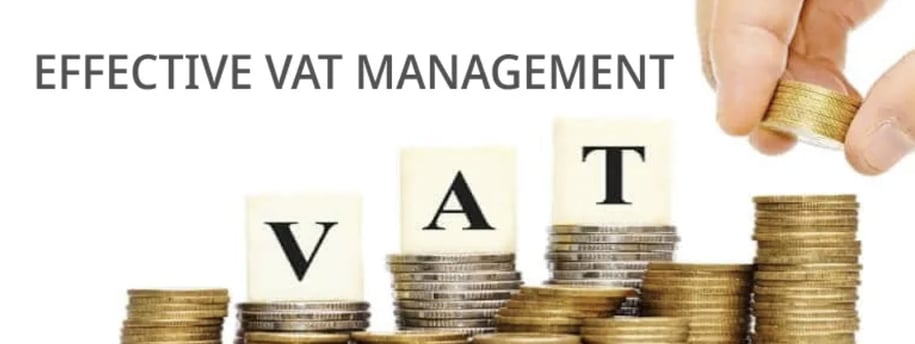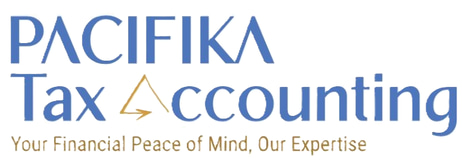VAT: Special Considerations for Business Owners
INTERNATIONAL TAXES
3/9/20251 min read


Value-added tax (VAT) is a consumption tax applied to the added value of goods and services as they move through the supply chain, ensuring fair taxation of products in the market.
How VAT Works
Value Added Tax (VAT) is a tax on spending for goods and services. Many countries, especially in Europe, use VAT, while the United States mostly relies on sales taxes.
VAT is added at each stage of production. For example, if a consumer pays $100 for a product with a 10% VAT, the total cost is $110. The retailer keeps $100, and $10 goes to the government.
Impact of VAT on Business Owners
VAT affects business operations, particularly in pricing. Companies need to consider the VAT rate when setting prices to remain competitive.
VAT also influences cash flow management. Managing VAT liabilities is essential for keeping cash flow steady, especially for small and medium-sized enterprises (SMEs) with limited finances.
VAT can increase paperwork for businesses. However, companies can reclaim VAT as a deductible expense.
Compliance with VAT regulations is important to avoid penalties. Keeping accurate records and filing on time helps prevent issues. Automated systems can make tracking transactions and ensuring compliance easier.
In summary, managing VAT effectively can help businesses stay compliant while supporting growth and competitiveness. Reach out to us at info@pacifikatas.com if you need assistance with VAT setup and filing.
